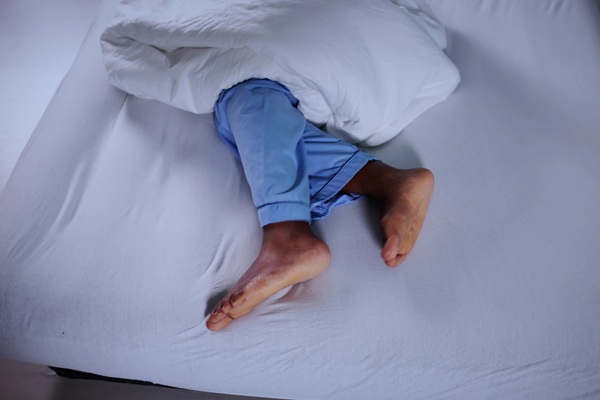Ask a Psychiatrist: How Is Depression Treated?

Any psychiatrist will tell you that depression is one of the most treatable mental disorders. With time, most people with depression respond well to treatment. Many of them gain some relief from their symptoms. Read on to learn more about treatment options for depression.
How a psychiatrist can help treat depression
Depression, also referred to as major depressive disorder, is a serious and common medical illness. It can have a negative impact on the way a person feels, thinks and acts. Some symptoms include having a depressed mood or feeling sad, loss of pleasure or interest in all or most normal activities, appetite changes and weight gain or loss unrelated to dieting. Other symptoms include sleeping too much or having trouble sleeping, increased fatigue or loss of energy, feeling guilty or worthless, trouble concentrating, thinking or making decisions, slowed speech and body movements and thoughts of suicide or death. Fortunately, depression is treatable.
Before a patient is diagnosed or treated, a health care practitioner will carry out a thorough diagnostic evaluation. This may include an interview and a physical examination. Sometimes, a blood test may be required to ensure the depression is not because of a medical condition such as a thyroid problem. The evaluation is meant to identify particular symptoms, medical and family history and environment and cultural factors. This will help to determine a diagnosis and plan a course of action. Here are some treatment options for depression.
Medications
Brain chemistry can contribute to a person’s depression so it may factor into treatment. Antidepressants may help to modify a patient’s brain chemistry. A patient may feel some improvement after using them within the first week or two. They usually help improve the way the brain uses particular chemicals that control stress or mood.
The full benefits may be experienced after two or three months. After several weeks, if there is no improvement, a psychiatrist may decide to either alter the dose of the medication or substitute or add another antidepressant. Sometimes, other psychotropic medications may be recommended. Psychiatrists often recommend that people continue taking medication for six or more months after the symptoms have improved.
Psychotherapy
Psychotherapy, or talk therapy, is in some cases used alone for the treatment of mild depression. For moderate to severe depression, it can be used together with antidepressant medications. Cognitive behavioral therapy (CBT) can help people with depression. CBT is a type of therapy that focuses on the present as well as problem-solving.
This form of therapy helps people to recognize distorted thinking and then change thinking and behaviors. Psychotherapy may involve only the patient, but depending on a patient’s needs, it can include others. Depending on how severe the depression is, treatment can take only a few weeks or more time. Most times, immense improvement can be realized in 10 to 15 sessions.
Visit your psychiatrist
Depression is a serious mood disorder, but it is treatable. With proper diagnosis and treatment, most people with depression can overcome it. If you are experiencing any of the symptoms of depression, the first thing you should do is to see your psychiatrist or family doctor. You should talk about your concerns and opt for a thorough evaluation. This is a good start to addressing mental health needs.
Get more information here: http://www.hopetmsofny.com or call Hope TMS and Neuropsychiatric Center at (646) 578-8152
Check out what others are saying about our services on Yelp: Read our Yelp reviews.
Recent Posts
Restless leg syndrome can make evenings difficult by creating an urgent need to move the legs when the body tries to rest. Considering symptoms like crawling or pulling often intensify at night, sleep quality can drop, and daytime energy can follow. With the right support, many people can manage their symptoms and get a good…
PTSD syndrome can shape your daily experiences in significant ways, from your emotional balance to your physical health and personal stability. Symptoms of PTSD can become an invisible burden that affects your routine and interpersonal connections. While these symptoms vary from person to person, they can impact every corner of your life without the right…
Adult ADHD therapy supports individuals navigating challenges with focus, time management, and emotional regulation. While attention deficit hyperactivity disorder, or ADHD, is commonly diagnosed in childhood, its symptoms can persist into adulthood, often interfering with careers, relationships, and daily tasks. Professional therapy offers a structured approach to managing these difficulties and building long-term strategies for…
Transcranial magnetic stimulation, also known as TMS treatment, is an innovative and noninvasive therapy for several mental health conditions. By using magnetic fields to stimulate specific areas of the brain, TMS is an effective treatment for cases where traditional methods have provided little to no relief. It is important to know which mental disorders are…


